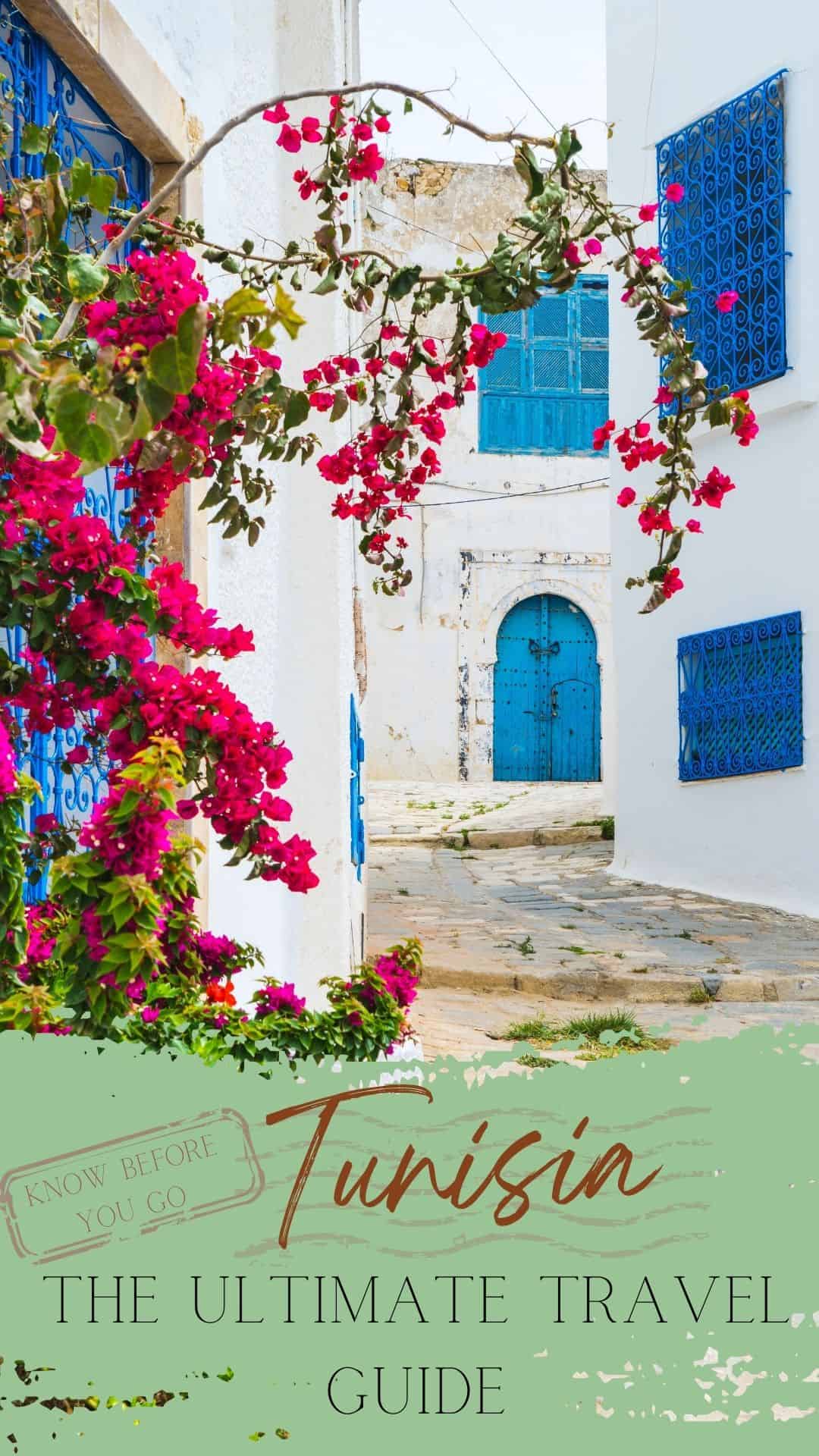
Tunisia is the perfect gateway from Europe to Africa. Although is a pretty small country, there is still a lot to see. It packs vibrant cities, mountainous greenery, expansive desert, and sparkling coasts. Its rich culture and history, from the Roman Empire to the Arab conquests, and friendly locals make it a great travel destination and this travel guide to Tunisia will show you the musts-know.
Planning to visit Tunisia soon? This is an excellent idea! So let's talk through The Ultimate Travel Guide To Tunisia and the things you should know before your trip.
Although not so famous destinations and usually overshadowed by Egypt and Morocco Tunisia is a great destination if you like less touristy destinations and off-the-beaten-path travel spots.
From amazing beaches, spectacular mountains, welcoming people, and delicious Arabic cuisine, Tunisia has enough diversity to pack a country many times its size.
The spectacular sand-fringed Mediterranean coast, scented with turquoise sea breezes, and fresh fish on your plate, makes Tunisia a prime destination for a straightforward sun-sand-and-sea travel escapes.
And while there are plenty of famous sights and beautiful beaches to grab your attention, it is only by wandering Tunisia’s streets and villages that you will discover its true cultural diversity.
The cities like Hammamet, Sousse, and Djerba are very popular destinations among tourists.
All in all, this guide will give first-time visitors a great overview of what this incredible country has to offer.
While Tunisia’s beautiful landmarks and delicious cuisine made it an unforgettable trip, there are a few things that I wish I had known beforehand.

Best Time to Travel to Tunisia
Tunisia is a desert so it can get quite hot therefore, you’ll certainly want to plan your vacation around the weather.
If I have to choose the best time of year to travel to Tunisia, I would say that the best months are June and September!
Typically with good weather comes higher costs, so expect to pay higher prices for accommodation and flights!
You’ll probably want to plan your trip anytime between November to February. With most travelers preferring the shoulder season, you’ll have better luck finding great hotel room rates and flights.
Overall, there’s never a bad time to visit Tunisia!

Budget for Tunisia
The official currency of Tunisia is the Tunisian Dinar (TND).
In Tunisia, you will see that all chic clubs, bars, restaurants or shops, and hotels will accept debit and credit cards. However, it’s always a good idea to ask if cards are accepted before ordering or purchasing anything.
If you’re looking to withdraw some cash during your visit, you can find ATMs at the hotel or throughout big cities like Tunis and Sousse. They are less common in rural areas.
It is generally wise to select which major iconic attractions you want to visit in Tunisia and book tickets online before your trip. You will save money, sometimes significantly. and you will also, skip the wait lines and walk right on in. It makes absolutely no sense to waste time standing in a line if you can avoid it.
Check out Booking.com to compare prices for hotels.
Book your flight at least one month prior to your trip and if you have destinations on your Tunisia itinerary beyond Tunis (which you definitely should!), make sure to have all your tickets prearranged.
The prices will go up during the peak season, so check the best deals if you don’t want to avoid breaking the bank.

Getting Around in Tunisia
There are several ways to get around Tunisia. You can drive, take a train, or fly. While the trains are cheap, they involve long rides and typically have extensive delays.
First-time visitors can get a general feel for the capital layout by using a guided tour where you can explore the most famous landmarks.
In case you are wondering, unfortunately, Uber is not available in Tunisia, but you can use OTO app.
Renting a car works out to be your best bet for full flexibility and going off the beaten path. Car rentals can be an affordable option in Tunisia.
Now, if you don’t want to drive but still have a comfortable trip through Tunisia, one of the best ways of getting around is by booking a private car charter with a driver. This covers most of the places you’ll want to get to beyond the tracks.

Safety in Tunisia
This may be your first question. I felt 100% safe during the entire trip. Everything worked out even better than I expected.
As of today, Tunisia is considered a safe country to travel to.
However, you still need to be aware of your surroundings and as long as you practice common sense and take precautions, you won’t have any problems during your trip.
As a general rule, don’t wear flashy jewelry or wave around valuables and always keep your wallet secure when out and about.
Also is really helpful to check the State Department’s warnings before traveling.
My best advice is to make sure you take out comprehensive travel and medical insurance to cover you while you’re away. This is mainly because of the risk you are exposed to when traveling to a new country, whether might be illness, injury, or cancellation. Check out these affordable monthly plans given by SafetyWing. You definitely want a stress-free vacation and a few pennies on a dollar will be really worth it!
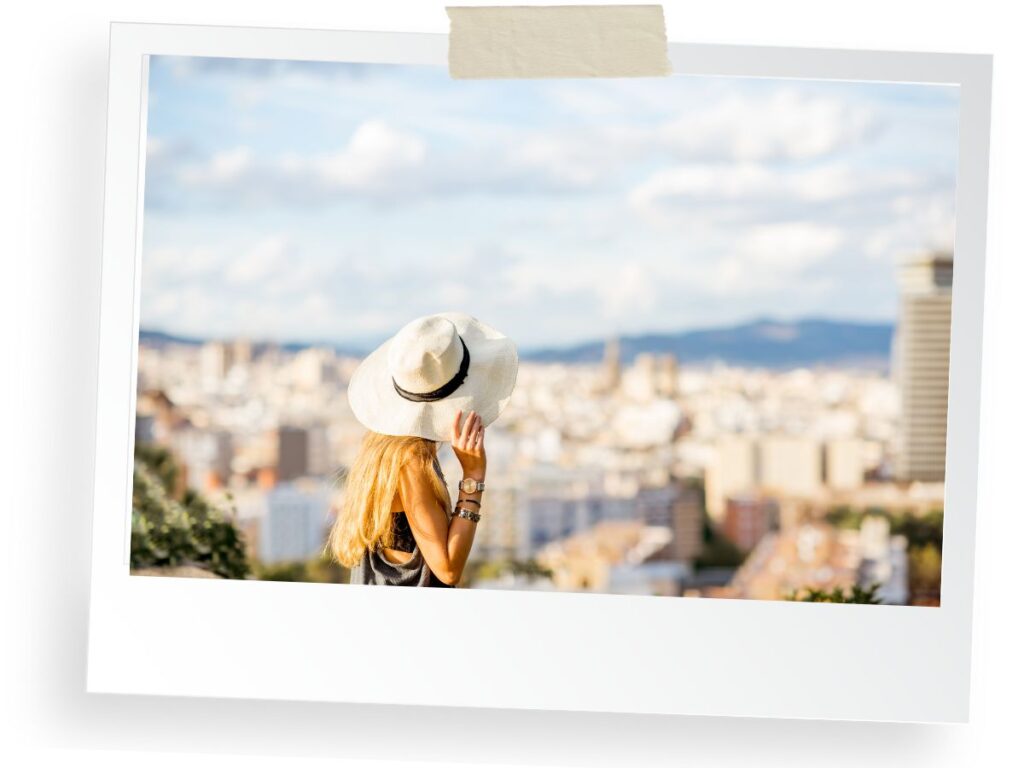
What to Wear in Tunisia
No matter what time of year you are visiting, when packing for your trip to Tunisia, there are a few key items you must consider. Always make sure you have a crossover bag, sunglasses, comfortable shoes, and midi dresses, and you can’t go far wrong.
So, the things you should consider are mainly the weather and definitely the cultural norms. It’s going to be hot, but you go in swimwear everywhere.
Tunisia is a Muslim country and fairly conservative so you’re going to want to cover up a bit
If you are visiting Tunisia as part of a layover as you head to other destinations, or if it’s a very quick weekend trip, you want to choose classic pieces in neutral shades that you can easily mix and match.
Swimwear and a bikini are necessary but only at the beach.
Depending on your travel plans, for your main suitcase, you’ll want to decide whether to bring a carry-on or a backpack.
Once you’ve arrived at your destination, you’re going to want a reliable and safe crossover bag to carry around things like your camera and wallet.

As always, the best thing to keep in mind for any travel is to pack light and only bring the necessities. Trust me, you don’t wanna carry a huge suitcase all around Tunisia.
For a finishing touch and some shade take with you a hat, a wide-brimmed sunhat.
Shoes can make or break a trip. Sneakers are always my favorites, given that you’ll be doing a lot of walking or flip-flops and sandals for a very hot day. Stick with flats to keep your feet comfortable.
My Tunisian outfit consisted of midi dresses, they’re stylish and comfortable, while maxi dresses were the perfect fit for a night out. For long waking days, I suggest loose-fitting pants made of breathable fabrics.

Know Before You Go to Tunisia
Culture: Tunisia is a conservative country and so it’s important to respect local and religious traditions at all times. Try to avoid any kind of behavior that may offend local customs. You should use adequate clothes, the best will be the ones covering your knees and shoulders. Also, as the heat is intense, it is better to have your skin covered anyway!
Religion: Predominately Islamic (Muslim) which means that if you’ll plan your trip in the month of Ramadan, you are aware of the rules. Basically, the hotels have normal activities but outside the resort, you cannot eat or drink in the daytime.
Language: Arabic is the official language in Tunisia, however most guides, hotel staffs, and market vendors speak English.
SIM Cards are super easy and cheap. It’s always a good idea to buy a local sim card once you arrive and you will have enough internet for all your vacation.
Plugs: In Tunisia, the power plugs are type C and E, the standard voltage is 230 V, and the standard frequency is 50 Hz. I recommend taking with you a universal adapter and also using a converter for hairdryers and hot tools.
Airport transfer: For your airport pick-up, you will want to arrange a car in advance. The ease and peace of mind it will provide will be well worth it.
Food: Sample the culinary secrets, experience the street food culture, and discover what the locals like to eat.
No trip is complete without exploring hidden gems, so I’d highly advise taking a guided tour while in Tunisia.
Always carry wet wipes and hand sanitizer.

Overall
Your trip to Tunisia can’t encapsulate a lot of different types of travel in a short time frame, so multiple visits are needed to see all the highlights. While many will focus on famous places like Tunis and Sidi Bou Said, there are many more spectacular landmarks you definitely want to explore!
Now that you know what to do and also what not to do in Tunisia, all you have to do is focus on having a fantastic vacation!
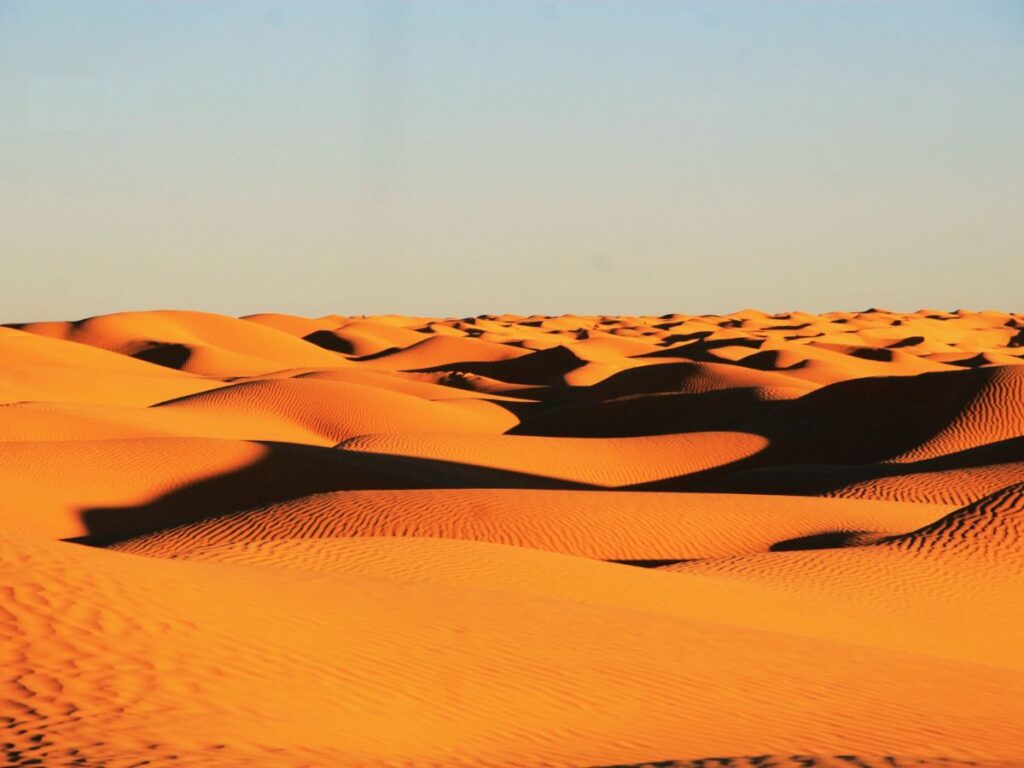
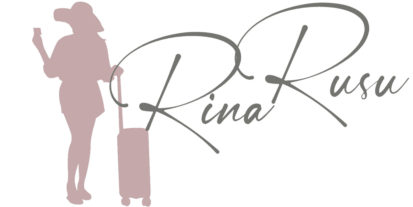
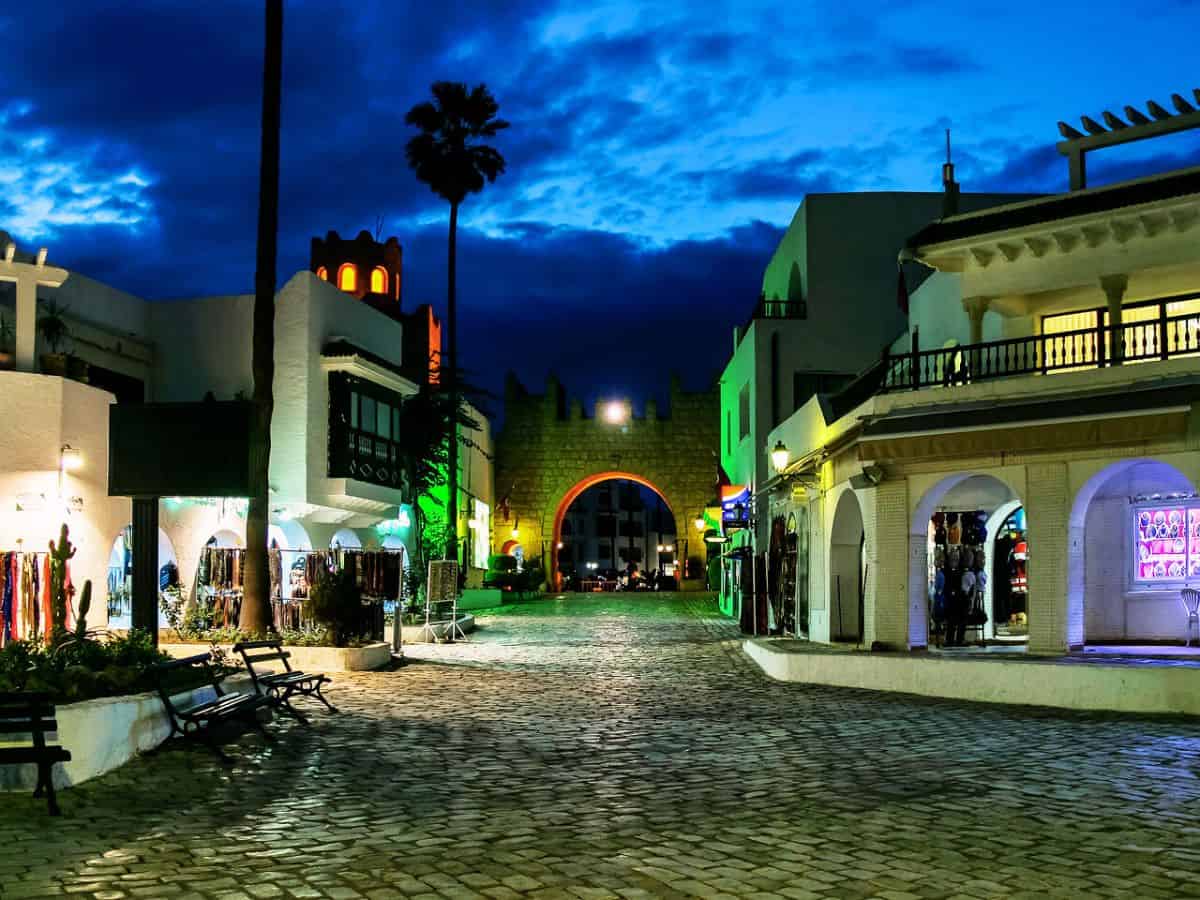
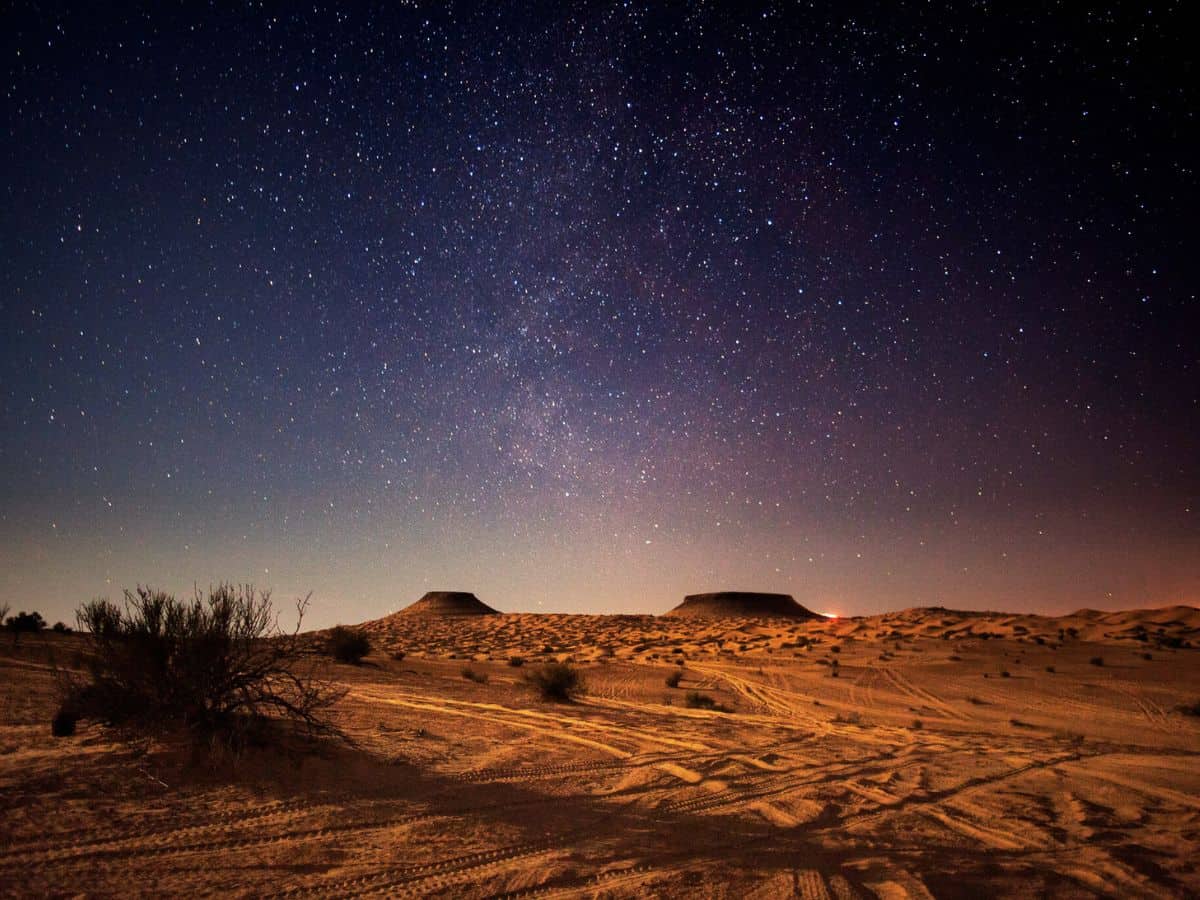
![11 Best Day Trips from Sousse [Tips You’ll Love]](https://narcisarusu.com/wp-content/uploads/2024/03/Day-Trips-from-Sousse.jpg)